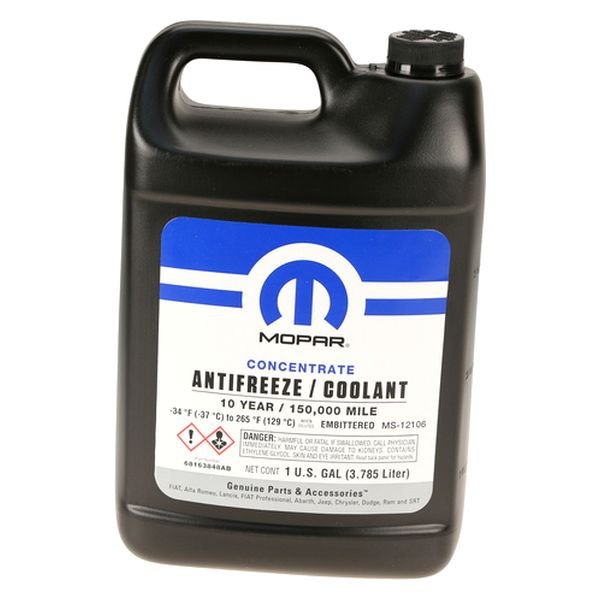


Nucleate boiling is much less common than the Church would have you believe. Water in a cooling system is at 15 or so psig, making the boiling temperature more like 252F. However, some of its advantages are overstated. Nucleate boiling does greatly reduce the heat transfer from cylinder head to coolant, in the area, however small, that the boiling is occurring. Water does boil at 212F at standard pressure. So here's my take on the Church of Evans: Many of its precepts are true indeed. One must proselytize whenever the opportunity arises. One must never doubt the truth of the Church of Evans.ģ. One must be willing to make a significant financial contribution to join.Ģ. The Church of Evans has very few requirements:ġ.

It offers a solution to some of life's problems, giving a means of coping. Like many of the world's religions, the Church of Evans helps one to feel better about life. I bought 4 gallons of Evans for under $160 on Amazon including freight, so it is pricey, but since you never have to change it, if you live long enough, some day it will be cheaper on paper than EG. Very low vapor pressure means very low loss from evaporation.Įvans which is a straight pour into the engine, contains no water, and is not mixed with water. Very low surface tension works well in copper tube radiators and slightly decreases the load on the water pump. You can remove the radiator cap at operating temperature with no result. In fact, due to almost no vapor pressure, a closed system won't pressure up. Never needs changing (even though the color may darken over time).Ĭonducts more heat away from combustion chamber metal than anything else.Īllows a more aggressive engine build and tune-up.ĭoes not need the cooling system to be under pressure to raise the boiling point. Not only does it boil at over 100 degrees higher, it also has less surface friction allowing gas bubbles to release easier, recondense faster, and conduct more heat.Īdvantages of Evans, a mix of mainly PG and some EG:Ĭontains no water and never causes corrosion or deposits. While it is true that Evans has a specific heat of about 0.7, the fact that it boils at over 100 degrees higher means it removes far more heat than either water or EG/water. 50-50 EG/water boils at 264 degrees at 15 psi. Water with a specific heat of 1 boils at 257 degrees at 15 psi. Evans, which boils at over 375 degrees, tends to stay in a liquid state under engine load and not form vapor filled bubbles next to combustion chamber metal that poorly conducts heat as does water when boiling. Ethylene glycol/water and especially Evans have greater ability to transfer heat away from combustion chamber metal than water due in part to their higher boiling points and less tendency to form vapor bubbles. Boiling water does not remove enough heat and requires detuning the spark advance and carb settings to make up for its low boiling point. What you see on your dash gauge is the coolant temperature, but what you really need to worry about is the combustion chamber metal temperature.Īn engine using water as a coolant and under constant load such as climbing a hill will have the coolant in the cylinder head be either in nucleate or crisis boiling states. A coolant with a low boiling point causes cooler temperature gauge readings because it is removing less heat from the engine. Your coolant temperature gauge may show normal or even cooler while your combustion chamber metal is overheating, because steam in the heads is a lousy coolant, and the higher heat around the combustion chamber metal never makes its way to the temperature sending unit or the radiator. When boiling in the cylinder head happens, the water stays cooler since there is less heat rejected into it, but the metal surface temperature of the cylinder head will be higher than it should be. Water does an excellent job of cooling an engine until the load is increased, as in hard acceleration, and the water starts to boil in the cylinder head. That would be true if an engine was only run at idle or low power output such as cruising. Some may believe that water is the best coolant since it has a specific heat of 1. And engine damage is possible from unremoved heat. Engine performance is lost due to water�s low boiling point. This misinformation is specifically addressed thoroughly in the book �Engine Cooling Systems� by Bohacz. Water removes heat from a motor better than anti-freeze (propylene or ethylene glycol)


 0 kommentar(er)
0 kommentar(er)
